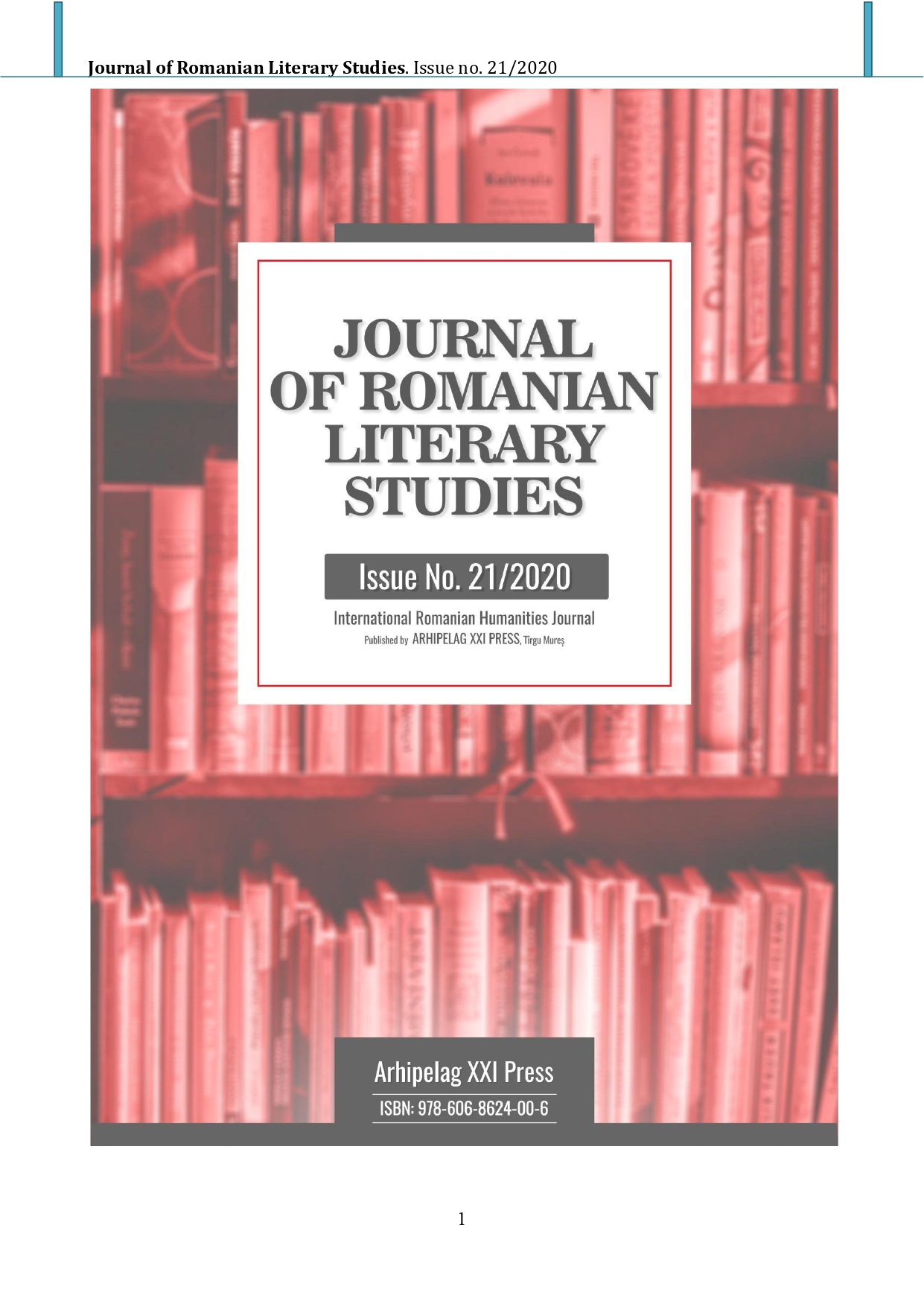THE LATIN ORIGIN OF GLOBALIZATION TERMINOLOGY
THE LATIN ORIGIN OF GLOBALIZATION TERMINOLOGY
Author(s): Simina Badea, Mădălina STRECHIESubject(s): Cultural history, History of ideas, Globalization
Published by: Editura Arhipelag XXI
Keywords: globalization; terminology; translation; political phenomenon; institutions;
Summary/Abstract: The phenomenon of globalization originates in Antiquity, when it was first put into practice. Ancient Persia at the time of Cyrus the Great and Darius I invented the phenomenon, but ancient Rome is the one that not only implemented it, but also created the main institutions manifesting this very complex phenomenon, therefore the main notions, terms and processes mostly have Latin origin. Romanization was a very successful global process with major implications, emerging on the three continents of the Roman world power. Our study will deal with the terminology of Latin origin involved in the description of the process of globalization, while analyzing the etymologies of some terms in the areas where globalization is mainly visible: political, administrative, institutional, legal, military, economic, communicational and educational. From the point of view of translation in most European languages, the Latin etymology is observable, because the phenomenon of globalization existed in the Roman Empire. We will also demonstrate that many Roman institutions have been preserved not only as names, but also as substance, purpose and manifestation in the institutions of the interdependent world of today, which, paradoxically, thus has a national identity, a Roman one. The terminology of globalization once again proves that Latin was a global language and one of the most effective tools of globalization as well.
Journal: Journal of Romanian Literary Studies
- Issue Year: 2020
- Issue No: 21
- Page Range: 118-122
- Page Count: 5
- Language: Romanian

